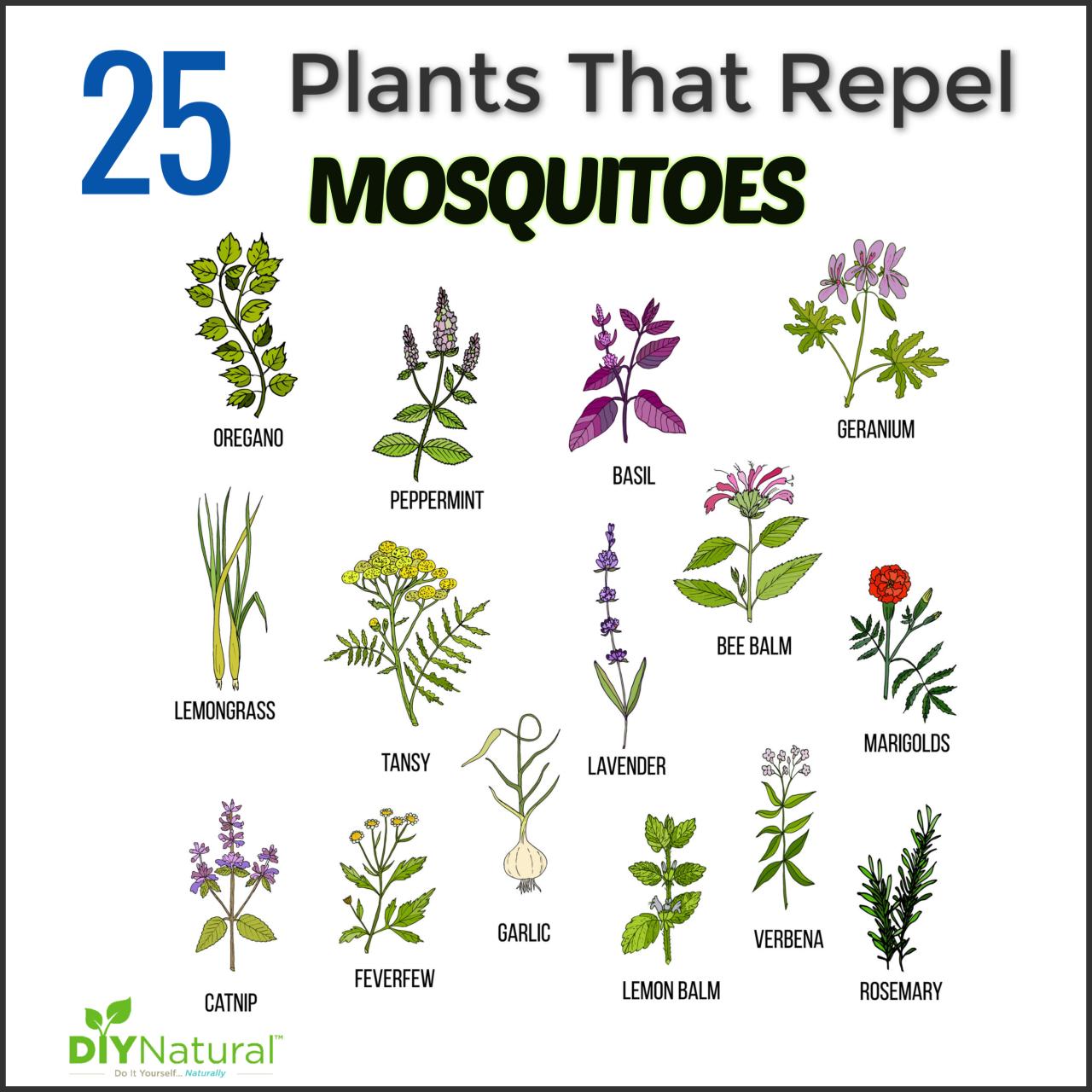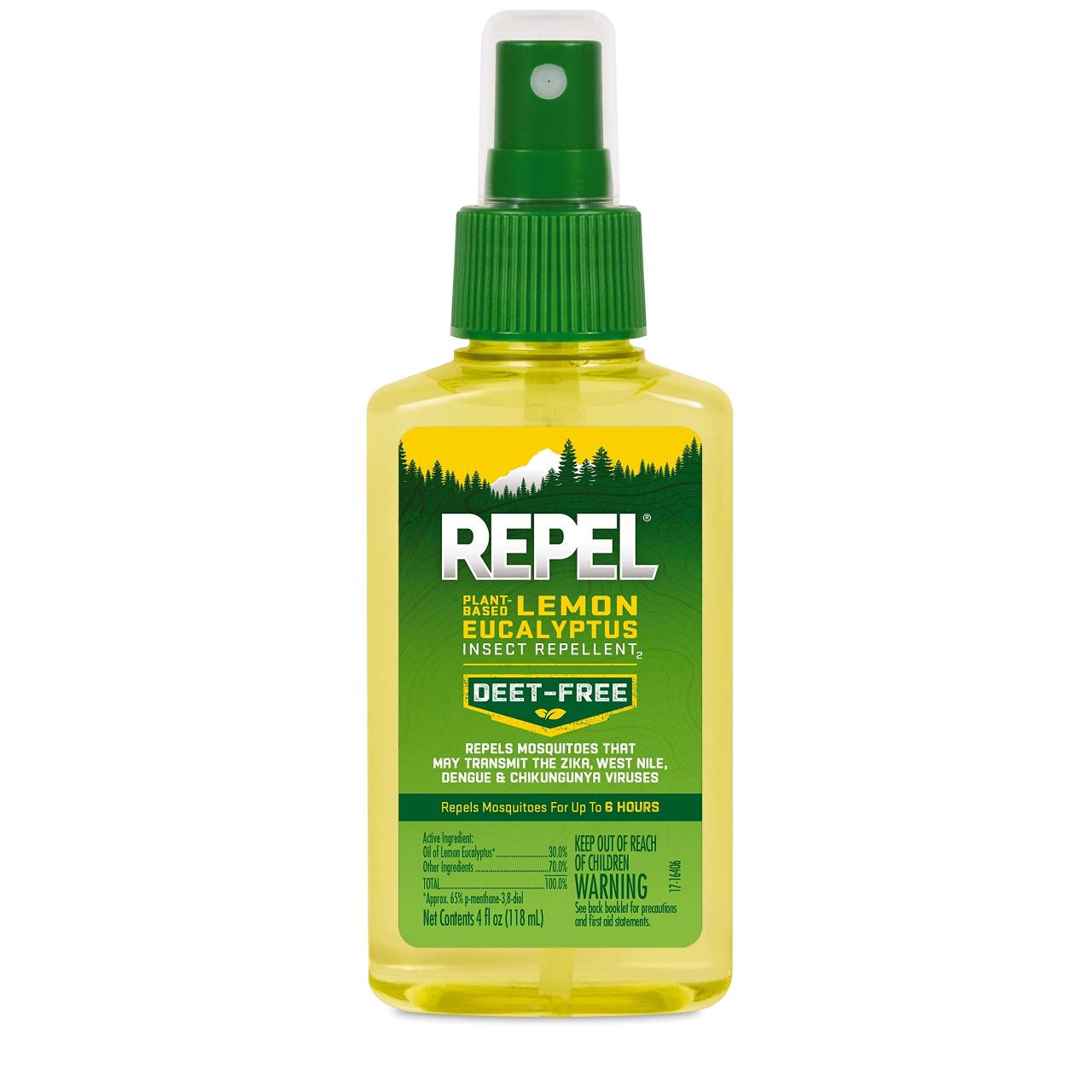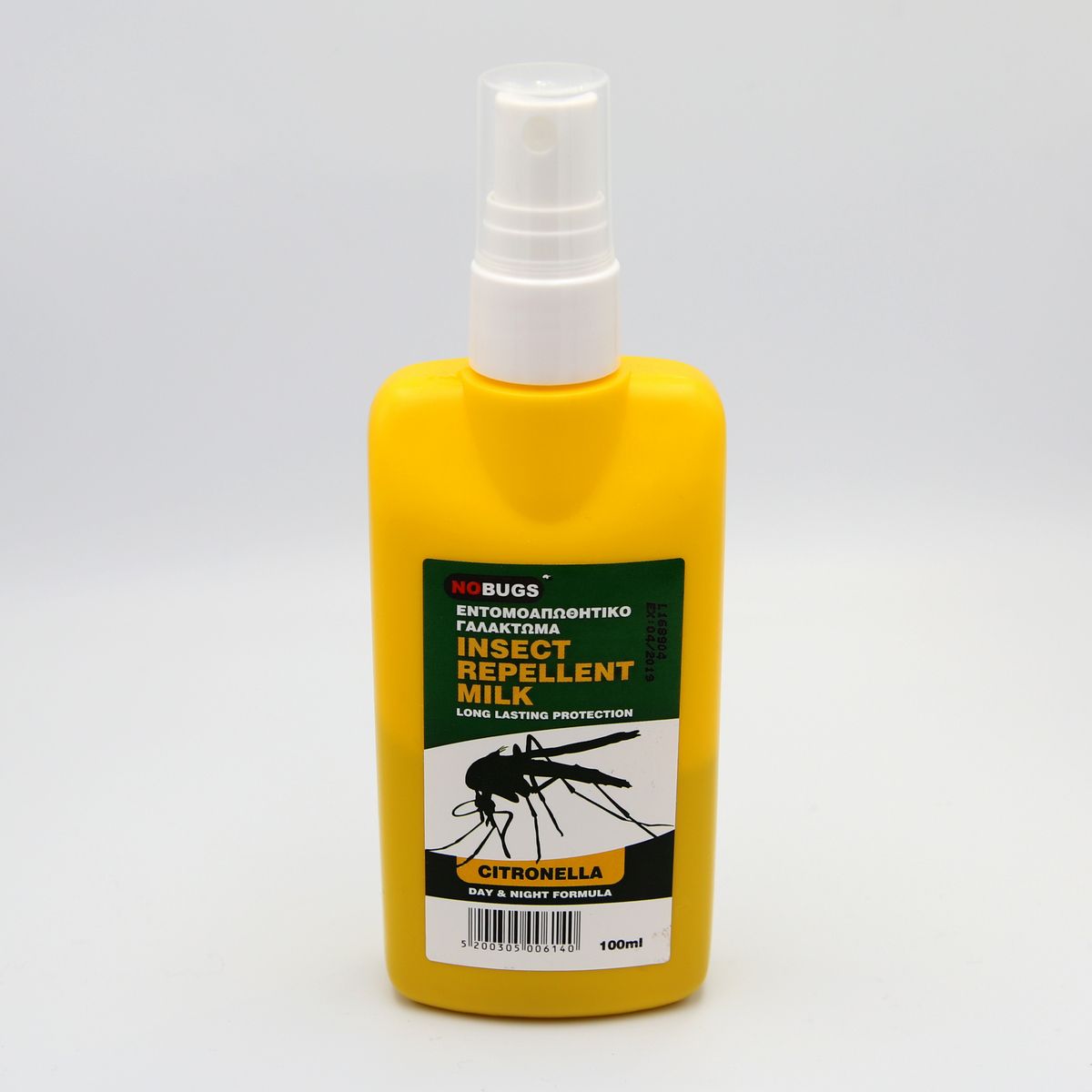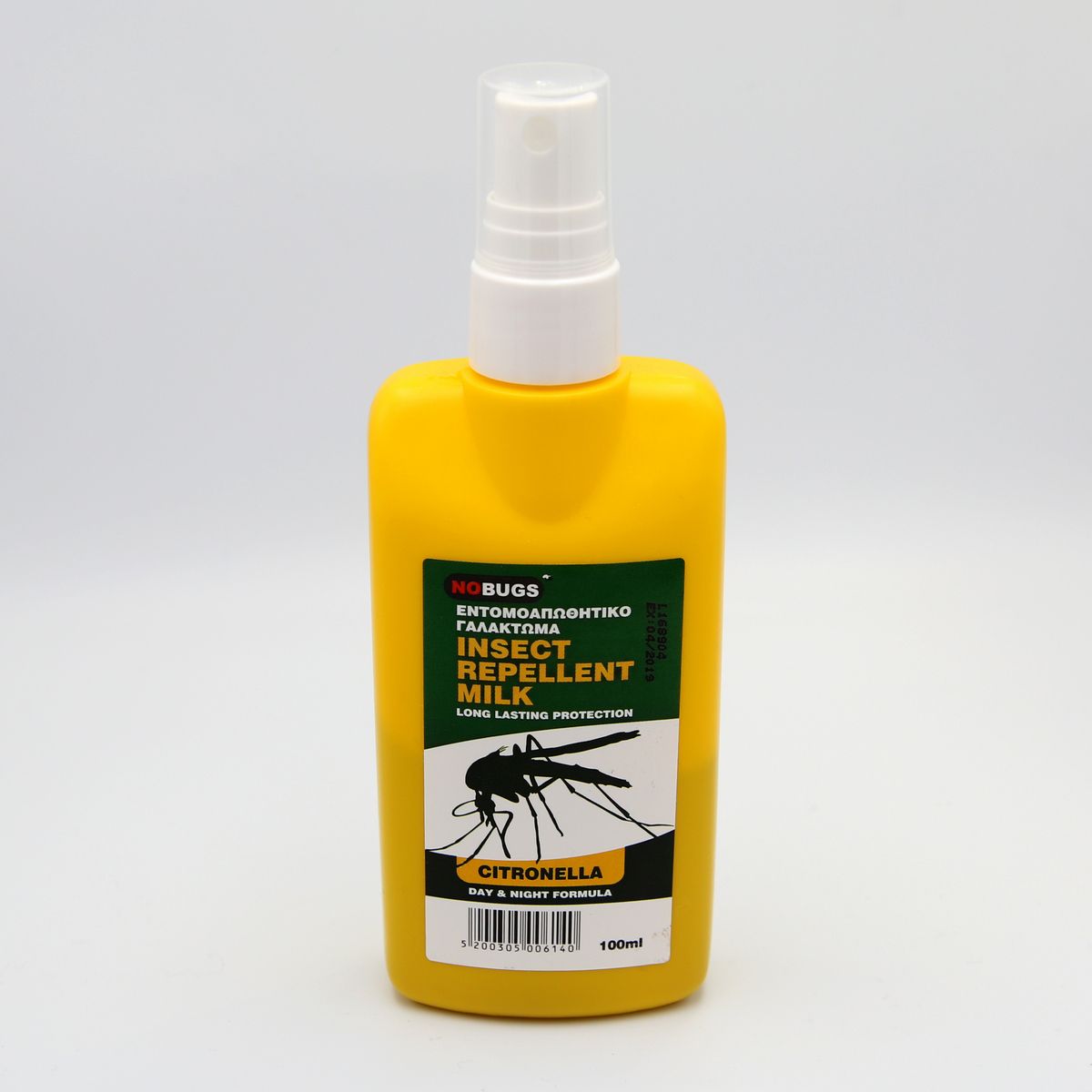Discover the Power of Citronella Plant: How to Use It for Natural Insect Repellent. The citronella plant, with its distinctive citrusy aroma, has been a natural insect repellent for centuries. Its unique scent, derived from citronella oil, effectively deters pesky insects, providing a safe and effective alternative to chemical repellents.
This article explores the fascinating world of citronella, delving into its history, properties, and practical applications for keeping those pesky bugs at bay.
From its origins in Southeast Asia to its widespread use in various cultures, citronella has earned a reputation as a reliable insect repellent. Its effectiveness stems from the active compounds in citronella oil, which disrupt the olfactory senses of insects, making it difficult for them to locate their hosts.
Whether you’re enjoying a summer evening outdoors or seeking a natural solution for your home, citronella offers a versatile and time-tested approach to insect control.
Introduction to Citronella Plant
The citronella plant, scientifically known as
- Cymbopogon nardus* and
- Cymbopogon winterianus*, is a fragrant grass native to Southeast Asia, particularly Sri Lanka and Indonesia. It is characterized by its tall, slender stems, which can grow up to 6 feet in height, and its long, narrow leaves that release a distinct, citrusy aroma when crushed.
Botanical Characteristics
The citronella plant belongs to the Poaceae family, which includes other grasses like bamboo and wheat. It is a perennial plant, meaning it lives for more than two years, and thrives in warm, humid climates. Its leaves are typically green and have a sharp, pointed tip.
The plant produces small, inconspicuous flowers that are clustered together in a spike-like inflorescence.
Scent Profile and Chemical Composition
The unique scent of citronella is attributed to the presence of essential oils extracted from its leaves. The most prominent components of citronella oil are citronellal and geraniol, which contribute to its characteristic citrusy, lemony, and slightly camphoraceous fragrance. These volatile compounds are responsible for the plant’s potent insect-repelling properties.
Historical and Cultural Significance
Citronella has a long history of use in various cultures around the world. In Southeast Asia, it has been traditionally used for centuries in religious ceremonies, traditional medicine, and culinary practices. The plant’s essential oil has been employed as a natural fragrance and insect repellent in various parts of the world, including India, China, and the Middle East.
Citronella’s Power as an Insect Repellent: Discover The Power Of Citronella Plant: How To Use It For Natural Insect Repellent
Citronella, derived from the leaves of the Cymbopogon nardus and Cymbopogon winterianus grasses, is renowned for its potent insect-repelling properties. Its distinctive aroma, characterized by a blend of lemony and citrusy notes, effectively deters a wide range of insects, making it a popular natural alternative to synthetic repellents.
Citronella’s Repellent Mechanism
The primary mechanism behind citronella’s insect repellent action lies in its volatile organic compounds (VOCs), primarily citronellal and geraniol. These compounds, when released into the air, interfere with the olfactory receptors of insects, disrupting their ability to detect and locate hosts.
This olfactory confusion effectively repels insects, preventing them from approaching or biting.
Citronella’s Effectiveness Against Different Insect Species
Citronella’s effectiveness as an insect repellent varies depending on the species. It is particularly effective against mosquitoes, including those that carry diseases like malaria and dengue fever. Studies have shown that citronella oil can significantly reduce mosquito bites and the risk of contracting mosquito-borne illnesses.
“A 2010 study published in the Journal of the American Mosquito Control Association found that citronella oil applied to skin effectively repelled mosquitoes for up to two hours.”
However, citronella’s effectiveness against other insect species, such as flies, ticks, and ants, may be less pronounced. While it can deter some of these insects, it may not provide the same level of protection as against mosquitoes.
Traditional and Modern Uses of Citronella, Discover the Power of Citronella Plant: How to Use It for Natural Insect Repellent
Citronella has been used for centuries in traditional practices for insect control. In many cultures, citronella candles, incense, and oils have been employed to repel insects, particularly mosquitoes, during outdoor gatherings and events. The practice of burning citronella candles in gardens and patios remains a popular method for creating a mosquito-free environment.In modern times, citronella has found its way into a wide range of consumer products.
Citronella oil is commonly incorporated into insect repellents, candles, soaps, lotions, and even pet products. The popularity of natural insect repellents has led to an increased demand for citronella-based products, providing a safe and effective alternative to synthetic chemicals.
Methods for Using Citronella as a Natural Repellent
Citronella’s effectiveness as an insect repellent can be harnessed in various ways, from using commercially available products to crafting your own solutions. Understanding these methods empowers you to choose the best approach for your specific needs and preferences.
Citronella-Based Insect Repellent Products
Citronella is widely incorporated into insect repellent products, offering a natural alternative to synthetic chemicals. Understanding the different types of products and their application methods can help you make informed choices.
While citronella is a powerful natural insect repellent, its effectiveness can be amplified by creating a fragrant haven around your home. Consider adding a vibrant rose garden to your landscape, which can attract beneficial insects that naturally prey on pests.
Learn how to propagate your own rose bushes from cuttings with this guide: Create a Rose Haven: How To Propagate Roses From Cuttings for a Blooming Oasis. A combination of citronella plants and a rose garden will not only deter insects but also create a beautiful and fragrant oasis that you can enjoy throughout the year.
Product Type |
Application Method |
Benefits |
Drawbacks |
|---|---|---|---|
Citronella Candles |
Burning the candle releases citronella oil vapor into the air. |
Creates a pleasant aroma and repels insects in a localized area. |
Limited range of effectiveness and requires constant supervision. |
Citronella Oil |
Can be diluted with a carrier oil and applied to skin, clothing, or used in diffusers. |
Highly concentrated, offering potent insect repellency. |
May cause skin irritation for some individuals. |
Citronella Spray |
Sprayed directly on skin, clothing, or around areas where insects are present. |
Easy application and provides a wide range of coverage. |
May need to be reapplied frequently for continued effectiveness. |
Citronella Patches |
Adhesive patches containing citronella oil that can be attached to clothing. |
Convenient and portable, offering long-lasting repellency. |
Limited area of coverage and may not be suitable for all skin types. |
Making Homemade Citronella Candles and Sprays
Creating your own citronella-based insect repellents allows for greater control over ingredients and ensures a natural and effective solution.
While citronella plants offer a natural solution to ward off pesky insects, a thriving lawn can enhance the overall ambiance of your outdoor space. To achieve a lush and vibrant lawn, it’s crucial to understand the best time for sowing grass seed, as outlined in this comprehensive guide: How to Determine the Best Time for Sowing Grass Seed: A Guide to a Thriving Lawn.
With a healthy lawn, you can enjoy the benefits of citronella plants, which can be strategically placed to create a natural barrier against insects, allowing you to relax and enjoy your outdoor space without the annoyance of unwanted pests.
Homemade Citronella Candles
Crafting homemade citronella candles is a simple and rewarding process, allowing you to personalize the scent and effectiveness.
To create a citronella candle, you will need:
- Soy wax flakes
- Citronella essential oil
- Wicks
- Candle jars
- Double boiler or heat-safe pot and bowl
- Melt the soy wax flakes in a double boiler or heat-safe pot and bowl over low heat.
- Once the wax is fully melted, remove it from the heat and allow it to cool slightly.
- Add the citronella essential oil to the wax, stirring gently to distribute it evenly.
- Carefully pour the wax mixture into the candle jars, ensuring the wicks are centered.
- Allow the candles to cool and solidify completely before burning.
Homemade Citronella Sprays
Homemade citronella sprays offer a versatile and convenient way to repel insects.
To make a citronella spray, you will need:
- Water
- Citronella essential oil
- Alcohol (such as vodka or witch hazel)
- Spray bottle
- Combine water and alcohol in the spray bottle.
- Add the citronella essential oil, ensuring the ratio is appropriate for your desired strength.
- Shake the bottle well to mix the ingredients thoroughly.
- Apply the spray directly to skin, clothing, or around areas where insects are present.
Planting and Maintaining Citronella Plants
Growing citronella plants is a natural and effective way to deter insects in your garden or outdoor spaces.
Choosing the Right Environment
Citronella plants thrive in warm, sunny locations with well-drained soil. They are best suited for USDA hardiness zones 9-11, where they can be grown outdoors year-round. In cooler climates, they can be grown in pots and brought indoors during winter.
Planting and Care
- Plant citronella seedlings or seeds in a sunny location with well-drained soil.
- Water the plants regularly, ensuring the soil remains moist but not waterlogged.
- Fertilize the plants monthly during the growing season.
- Prune the plants regularly to encourage bushier growth and maintain their shape.
- Harvest the leaves for use in homemade repellents or simply enjoy their fragrant presence.
Safety and Precautions with Citronella

While citronella offers a natural and effective insect repellent, it’s essential to exercise caution and be aware of potential risks associated with its use. This section will address potential allergic reactions, appropriate precautions for children and pets, and guidance on safe storage and disposal.
Potential Allergic Reactions and Skin Sensitivities
Citronella, like many essential oils, can trigger allergic reactions in some individuals. Symptoms may include skin irritation, redness, itching, and even a rash. If you experience any of these symptoms after using citronella-based products, discontinue use and consult a healthcare professional.
- Before applying citronella-based products to your skin, perform a patch test on a small area of your skin to check for any adverse reactions.
- Avoid applying citronella oil directly to your skin. Always dilute it with a carrier oil, such as almond oil or coconut oil, before applying it topically.
- If you have sensitive skin or a history of allergies, it’s best to consult with a dermatologist or allergist before using citronella products.
Precautions When Using Citronella Around Children and Pets
Citronella, while generally considered safe for adults, can pose potential risks for children and pets. Children are particularly vulnerable to accidental ingestion or skin irritation. Pets, especially cats, can be sensitive to the scent of citronella, and ingesting it can cause digestive issues.
- Always keep citronella-based products out of reach of children.
- Never apply citronella oil directly to your child’s skin. Instead, opt for diluted citronella products formulated specifically for children.
- When using citronella candles or diffusers, ensure they are placed in well-ventilated areas and away from pets and children.
- Avoid using citronella products on pets. Consult with your veterinarian for safe and effective pest control options for your furry friends.
Safe Storage and Disposal of Citronella Products
Proper storage and disposal of citronella products are crucial for safety and environmental protection.
- Store citronella-based products in a cool, dry place, away from direct sunlight and heat.
- Keep citronella products in their original containers with tightly sealed lids.
- Dispose of used citronella candles and diffusers according to local regulations. Avoid throwing them in the trash, as they can be a fire hazard.
- Do not pour citronella oil down the drain, as it can harm aquatic life.
Citronella Beyond Insect Repellent

While citronella is primarily known for its insect-repelling properties, its versatility extends far beyond keeping bugs at bay. This aromatic plant offers a range of benefits, from promoting relaxation to enhancing cleaning practices.
Aromatherapy and Stress Relief
Citronella oil, extracted from the plant, has been used for centuries in aromatherapy practices. Its fresh, citrusy scent is known for its calming and uplifting effects, promoting relaxation and reducing stress. The oil can be diffused into the air, added to bathwater, or used in massage oils to create a tranquil atmosphere.
“The scent of citronella has been shown to have a calming effect on the nervous system, reducing anxiety and promoting feelings of well-being.”
Household Cleaning and Personal Care
Citronella’s natural antibacterial and antifungal properties make it a valuable ingredient in household cleaning products. It can be incorporated into all-purpose cleaners, dish soap, and even laundry detergent to provide a fresh scent and help eliminate germs. In personal care products, citronella oil is often used in soaps, shampoos, and lotions.
Its antimicrobial properties can help fight acne and other skin conditions, while its refreshing scent leaves the skin feeling clean and revitalized.
Interesting Facts and Anecdotes
- Citronella is a native plant of Southeast Asia and is widely cultivated in countries like Indonesia, Sri Lanka, and India.
- The name “citronella” comes from the plant’s lemon-like fragrance, which is derived from the presence of citronellal, a natural compound known for its insect-repelling properties.
- In some cultures, citronella is used in traditional medicine to treat various ailments, including headaches, fever, and digestive problems.
- Citronella oil is a popular ingredient in candles, incense, and air fresheners, adding a refreshing and invigorating scent to homes and workplaces.
Last Point

Citronella’s versatility extends beyond insect repellency, offering a range of benefits for well-being and home care. From its calming aroma in aromatherapy to its potential use in cleaning products, citronella is a natural wonder with a multitude of applications. By understanding the power of citronella and embracing its natural properties, we can harness its benefits for a more comfortable and pest-free environment.
Question Bank
Is citronella safe for pets?
While citronella is generally considered safe for pets, it’s best to consult with your veterinarian for specific guidance on its use around your furry companions. Some pets may be sensitive to the scent, so it’s crucial to introduce it gradually and observe their reactions.
How long does citronella’s repellent effect last?
The effectiveness of citronella-based repellents varies depending on the product and environmental factors. Typically, they offer protection for several hours, but reapplication may be necessary, especially in humid or windy conditions.
Can I use citronella oil directly on my skin?
It’s not recommended to apply undiluted citronella oil directly to the skin, as it can cause irritation or allergic reactions. Always dilute it with a carrier oil, such as coconut oil, before topical application.
Where can I buy citronella plants?
Citronella plants are readily available at nurseries, garden centers, and online retailers. Choose a reputable source to ensure healthy and vigorous plants.
